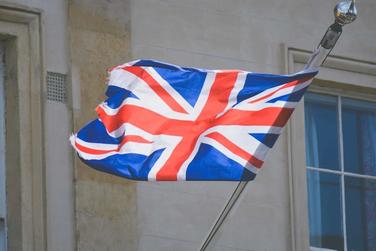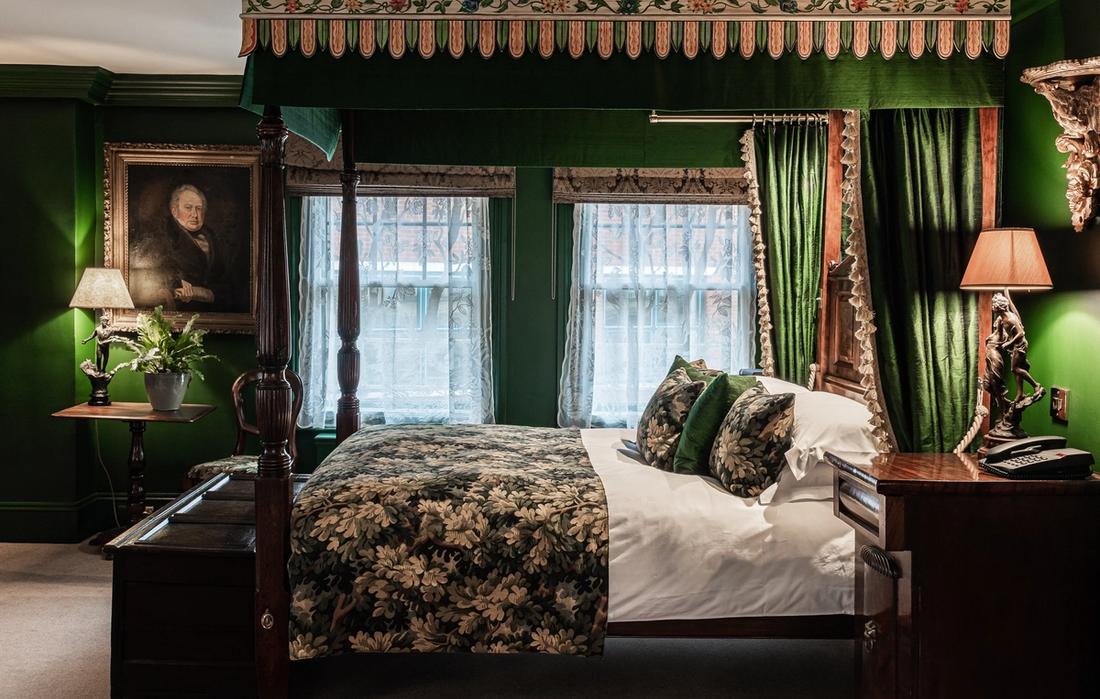The Good Hotel Guide is the leading independent guide to hotels in Great Britain & Ireland, and also covers parts of Continental Europe. The Guide was first published in 1978. It is written for the reader seeking impartial advice on finding a good place to stay. Hotels cannot buy their way into the Guide. The editors and inspectors do not accept free hospitality on their anonymous visits to hotels. All hotels in the Guide receive a free basic listing. A fee is charged for a full web entry.
The Good Hotel Guide
About Us
Independent
Recommended
Trusted
Independent
Recommended
Trusted

Brexit Secrets and Lies
All blog posts
4 minutes
4 Dec 2018
Brexit Secrets and Lies
All blog posts
4 minutes
4 Dec 2018
By Adam Raphael

No government has ever set out before to make its voters poorer which makes the political mess we are in all the more bizarre. Whatever the outcome of this week’s Brexit parliamentary debates, the stakes for the hospitality industry could not be higher. UK Hospitality, which represents three million jobs and £130 billion in economic activity, has warned that the government’s proposed clamp-down on low-paid EU immigrants is ‘a disaster’.
More than 700,000 EU workers are employed in UK hotels, restaurants, pubs and catering; 75% of waiters and waitresses, 37% of housekeeping staff and 25% of chefs, come from Europe. EU immigration to the UK is already falling because of the drop in the value of the pound. But if the government follows the advice of its Migration Advisory Committee to bar low-paid EU immigrants, the inability to hire new European staff will damage hotels, restaurants and pubs across the country.
Professor Alan Manning, the chairman of the committee shrugs off the harm this will do to businesses dependent on EU workers: ‘They’re not necessarily the parts of the UK economy that we want to be growing’, he says. Well, tell that to Ruth Rogers, Rick Stein, Jeremy King, Fergus Henderson and other leaders of the hospitality industry who have warned that putting up barriers to European workers upon whom large parts of the industry rely is madness. Tell that also to care homes, hospitals, fruit growers, and builders which rely on the hard work of low-paid European workers.
The government is refusing to publish its white paper on migration before the Brexit vote because ministers apparently cannot agree on its contents. Yet another sign that the Cabinet is dysfunctional. The Prime Minister, who is notoriously secretive, is also reported to be reluctant to disclose details of her policy in advance of the Brexit vote on December 11th. Such a denial of crucial information just as the attempt to withhold the Law Officer’s advice on Brexit, undermines democracy.
A year ago, I wrote in this newsletter: ‘If you view life as a series of cock-ups, you will rarely be disappointed. Brexit, however, is in a class of its own. Last week’s deal on the Irish border is a diplomatic fudge which avoids hard answers. The reality of how we leave the EU has still to be played out. But even if in the highly unlikely event that negotiations on a new trade deal go smoothly, the outcome will be damaging. The truth is that we have voted to become poorer.’ That judgement provoked a flood of angry emails from readers who pointed out that they hadn’t signed up to the Guide’s newsletter to be subjected to ‘political propaganda’. I replied to the many disgusted from Surbiton saying that I sympathised. But, in truth, having spent 30 years of my life reporting on Parliament, I couldn’t and still can’t watch silently as this political tragedy unfolds. It has taken a very long time, but reality has finally dawned.
What happens now? If the government’s Brexit deal is heavily defeated in the Commons, it will spell the end of not only the EU deal but also its architect, the prime minister. But if the defeat is narrow, Mrs May could stagger on, and with the help of a minor EU tweak to the treaty, attempt a second parliamentary vote. At present, there isn’t a majority in Parliament for anything; certainly, there is no majority for either a No deal exit or a general election. That means for progress to be made, there will have to be cross-party agreement. And that suggests we will need to ask for an extension of the Brexit leaving date-March 29th.
Given the recent preliminary finding by the European Court of Justice, this will almost certainly be granted. But there will be no easy escape from this crisis. Indeed, the longer the parliamentary impasse goes on, the attractions of a so-called People’s vote will grow. What would be the outcome if another referendum was held? The Lex column in the Financial Times’ has this answer: ‘What is the most powerful force in human affairs? Greed? Love? Ambition? Lust? No, no, no. The defining characteristic of our species, the most conspicuous feature of all our social arrangements, is confirmation bias. People would rather sit naked in an ice storm while starving to death than change their minds about any matter of substance.’
I am not as cynical. Voters should be given another opportunity to decide. This time they would have facts rather than lies on which to base their decision. The truth is that Brexit involves complex policy choices about which politicians on all sides have either lied or been deliberately evasive. The price of this deception is likely to be heavy whatever happens now.


